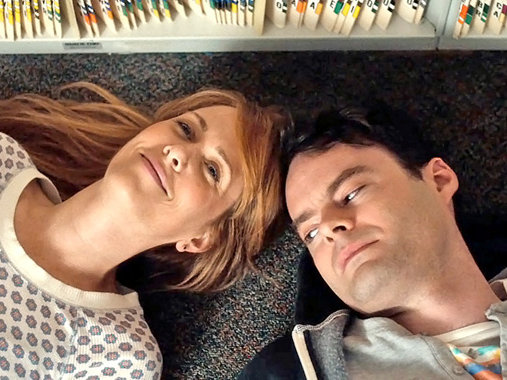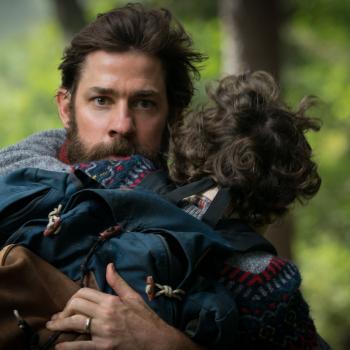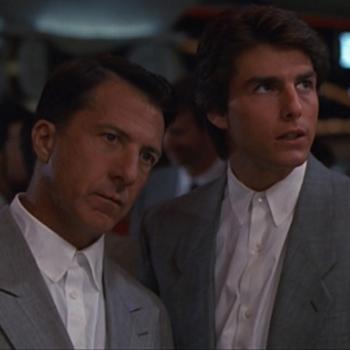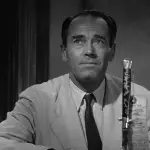
Today’s film deals with some heavy topics, most notably suicide, which will be discussed in today’s piece. If this is content you don’t feel comfortable engaging with, I’d cordially recommend skipping this post.
Craig Johnson’s 2014 off-beat comedy, The Skeleton Twins, sees estranged siblings, Maggie and Milo, reuniting after ten years following Milo’s failed suicide attempt, Milo unaware that Maggie herself was about to take her own life when she received the hospital phone call about him. Maggie takes Milo into her house trying to help him, “get back on his feet,” but finding each other again helps them both out in ways they couldn’t have anticipated.
Water is a recurring motif within this film. Both of their suicide attempts deal with water, and there’s recurring imagery with various items being thrown in, say, a swimming pool or a fishing tank. Basically, we are constantly being reminded of how these two are drowning. Their own father committed suicide when they were kids, and their mother is too busy self-medicating with new-age spiritualistic rituals to engage with her children. Both of these two are privately carrying their own baggage as they wrestle with their own feelings of failure and aimlessness.
Milo is dealing with the fallout of his past relationships, including a recent break-up with his boyfriend, and he even attempts to relight an old flame with his former English teacher, with whom he had an illegal affair back when Milo was a minor. Meanwhile, Maggie is married to a human firework, Lance, whose enthusiasm and general brightness she cannot keep up with. Maggie is even privately sabotaging their attempts to get pregnant, believing she is not in a position to take care of children but not wanting to tell her husband. (She is also having an affair with her scuba instructor.)
Though they are both equally beleaguered, the bulk of the film has Maggie imagining herself as the more stable of the two, the one in a position to help her wayward brother. She is more readily pursuing the suburban ideal, even as it suffocates her. The way she discusses her own affairs betrays her own sense of self-loathing, saying that her husband, “doesn’t deserve a f***ing whore as a wife.” Milo, meanwhile, gets to see how even in his own perceived brokenness, he remains in a position to lift up his sister. A part of their mutual healing comes from them both learning to be honest with one another about their pain.
It’s suggested that part of the reason why they have pushed each other away is because they see in each other their shared illnesses, everything in them they tell themselves is broken and wrong. But their shared struggles and history, and their hard-earned bond, puts them in the proper position to have each other’s backs, to build each other up in moments of weakness.
The film doesn’t suppose that their deep-rooted psychological traumas can just be expunged with a single lip-synch battle, there is presumably hard work ahead of them both, but the story of the Dean twins does show how such journeys can begin with something as simple as discovering, or even rediscovering, someone who will just show up for you.













